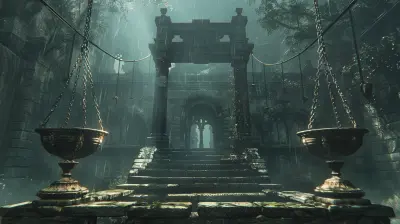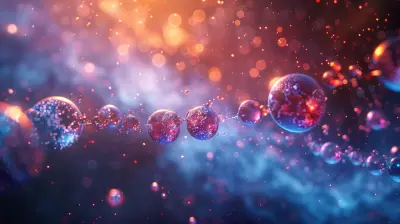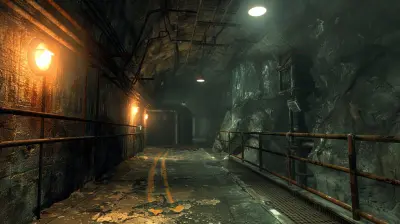The Ever-Growing Popularity of Remakes and Reboots in Gaming
8 June 2025
Gaming is like that perfect slice of pizza – it keeps evolving, yet there’s something comforting about the classics. Over the years, the gaming industry has leaned heavily into remakes and reboots, revisiting beloved titles to breathe new life into them. But why are remakes and reboots becoming more popular? Is it nostalgia, sheer brilliance, or something else entirely? Let’s dive deep into this fascinating trend.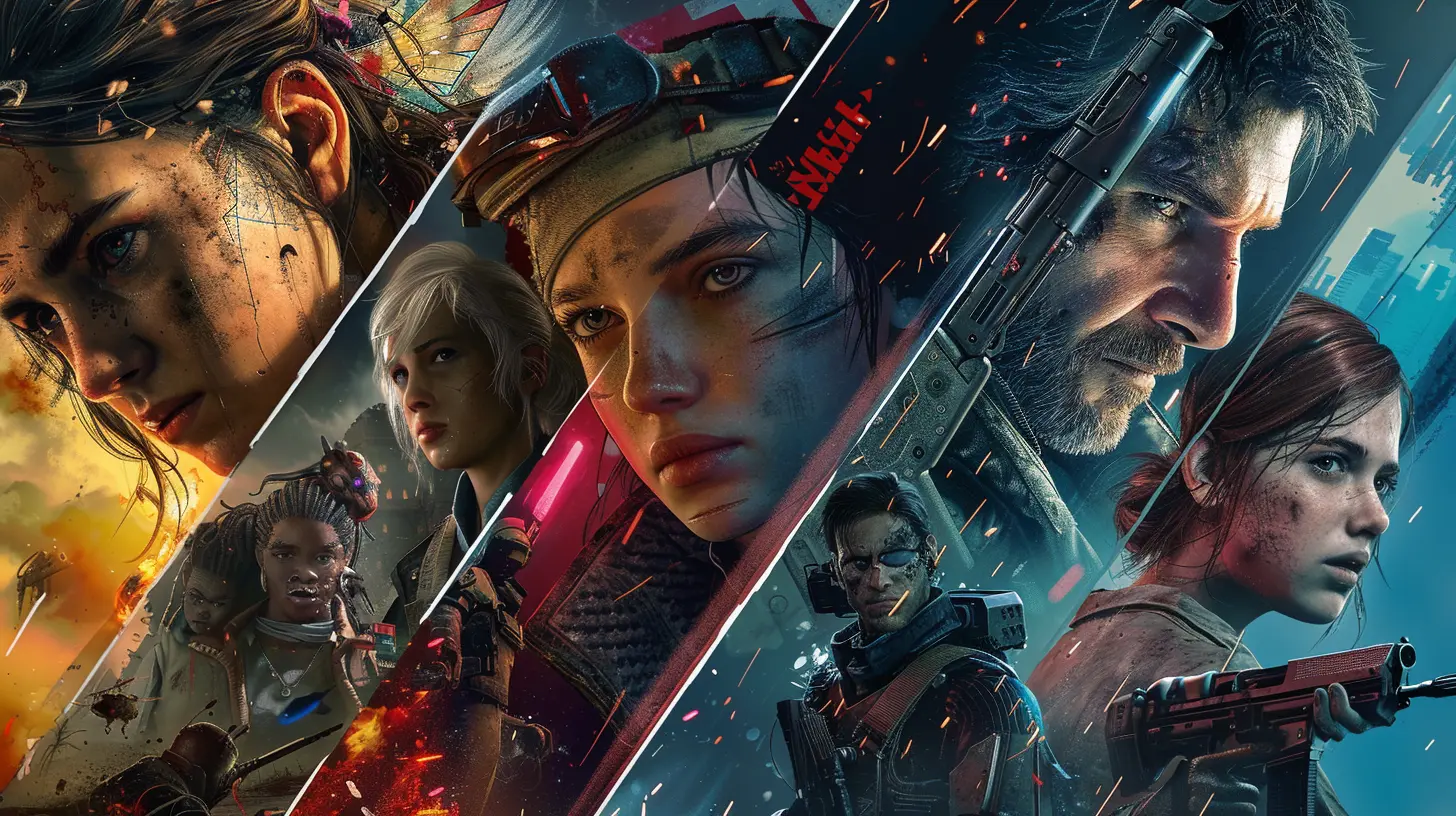
What Are Remakes and Reboots in Gaming?
Before we jump into the why, let’s get our definitions straight. A remake is when developers rebuild an older game from the ground up using modern technology, often adding enhancements like improved graphics, updated mechanics, or extra content. Think about it as taking an old car and turning it into a sleek, high-performance ride with all the latest gadgets.A reboot, on the other hand, is when a series or game is reimagined, often starting fresh while borrowing key elements from the original. It’s like hitting the reset button on a franchise but keeping its soul intact.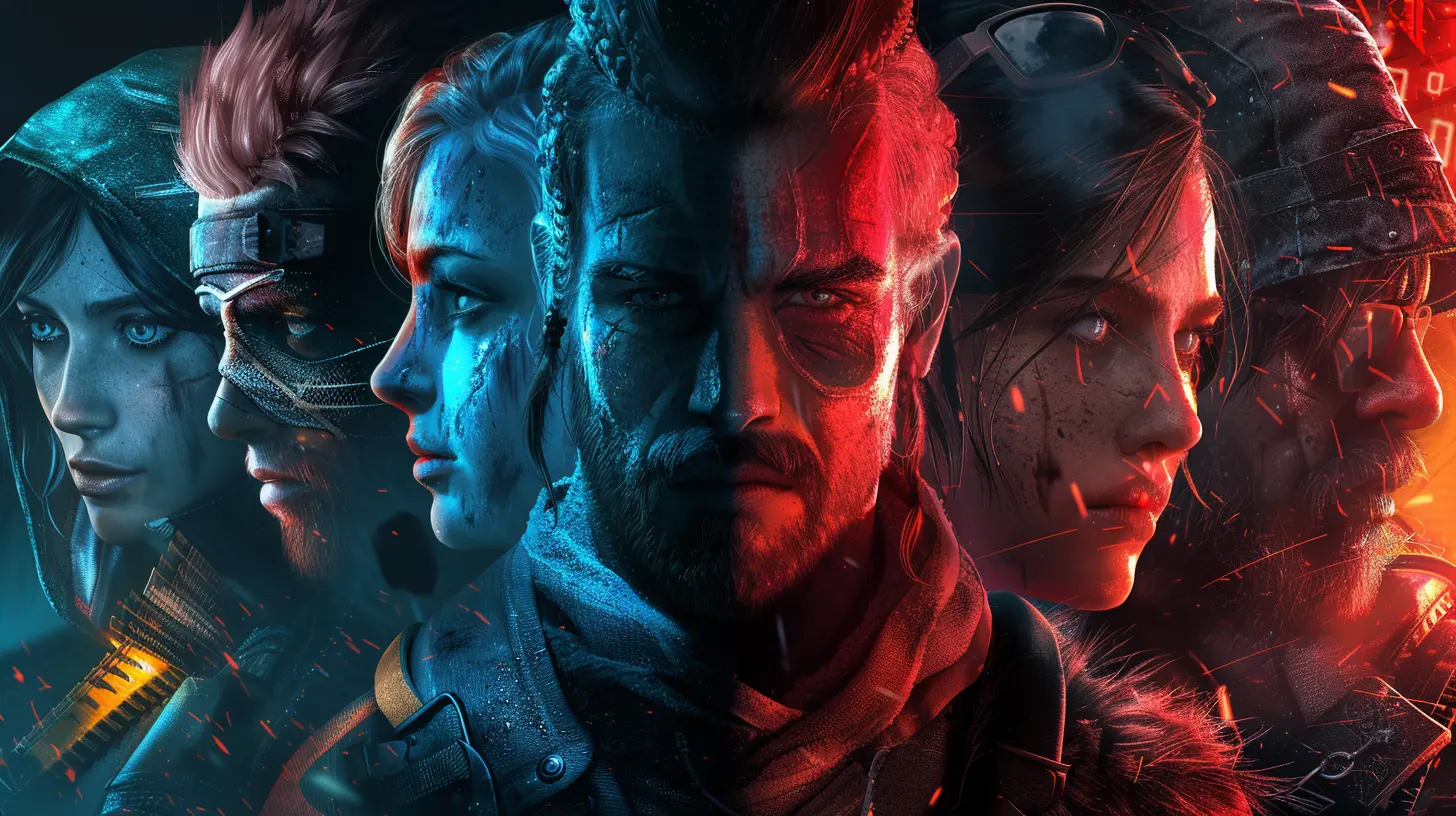
The Nostalgia Factor: A Soft Spot for the Past
Let’s be real – everyone loves a good dose of nostalgia. Old-school gamers have fond memories of the games they grew up with, whether it’s racing through Crash Bandicoot, surviving horror in Resident Evil, or solving puzzles in The Legend of Zelda. Life might’ve moved on, but those pixelated memories are forever etched in our hearts.When developers remake or reboot a title, it’s like they’re handing us a time machine. We get to revisit those cherished moments, but with polished visuals, modern gameplay, and quality-of-life improvements. Remember when you played Final Fantasy VII Remake? If you didn’t shed at least one tear of joy hearing that iconic music with updated orchestration, were you even human?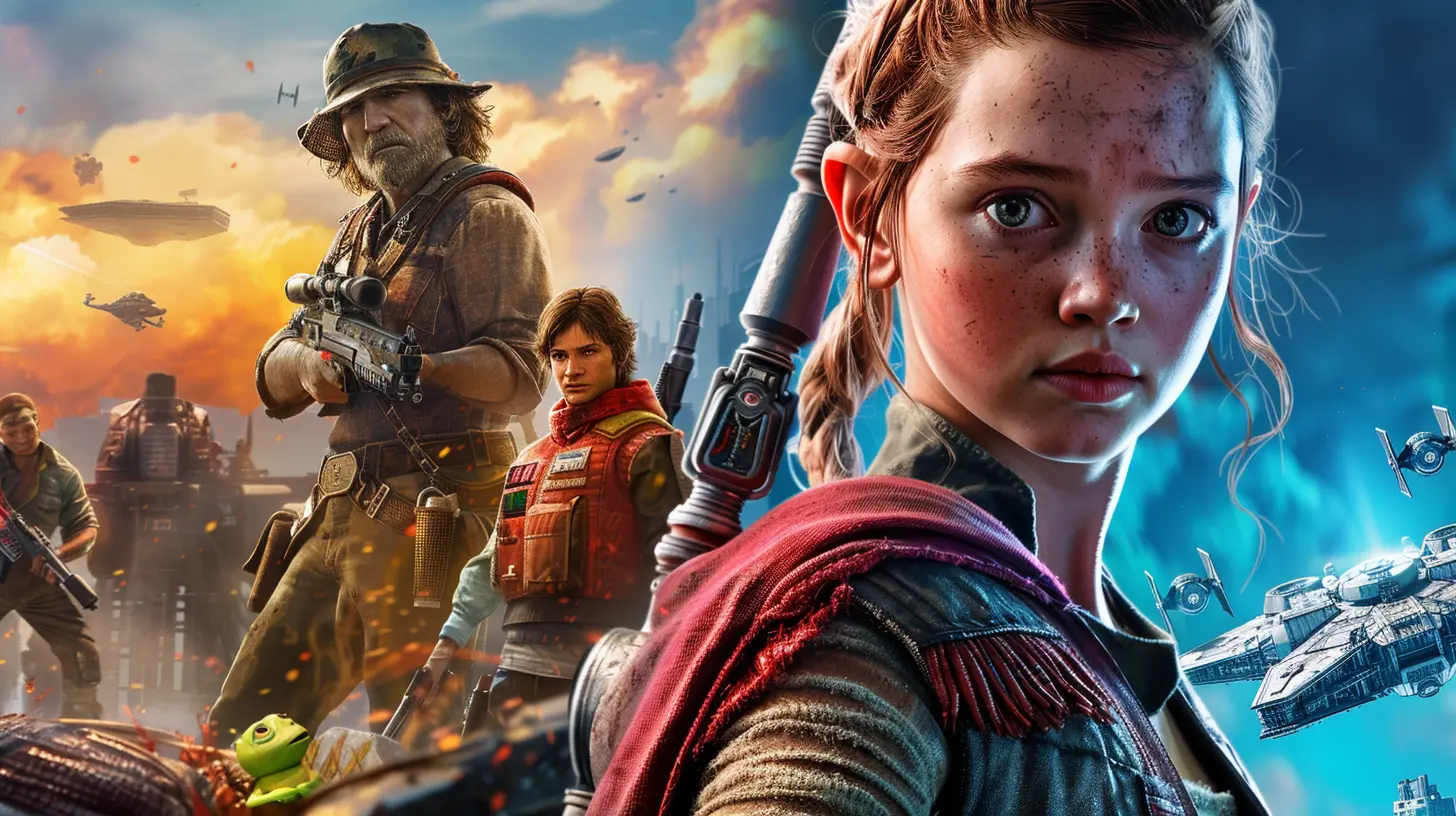
A Safe Bet in a Risky Market
The gaming industry isn’t exactly a playground for risks. Developing a completely new IP (intellectual property) is expensive, time-consuming, and, honestly, a bit of a gamble. Will it sell? Will players connect with it? Or will it flop harder than a poorly-timed Mario jump?This is where remakes and reboots come to the rescue. They’re a safer option because they come with a built-in fan base. People who adored the original are often the first in line to buy the revamped version. It’s like Hollywood churning out Spider-Man movies every few years – we know the core story, but we’re still here for it.
Games like The Last of Us Part I remake and Demon’s Souls on PS5 sold like hotcakes because they were proven hits back in their day. Developers get to profit from an existing idea while giving it a fresh twist – the ultimate win-win.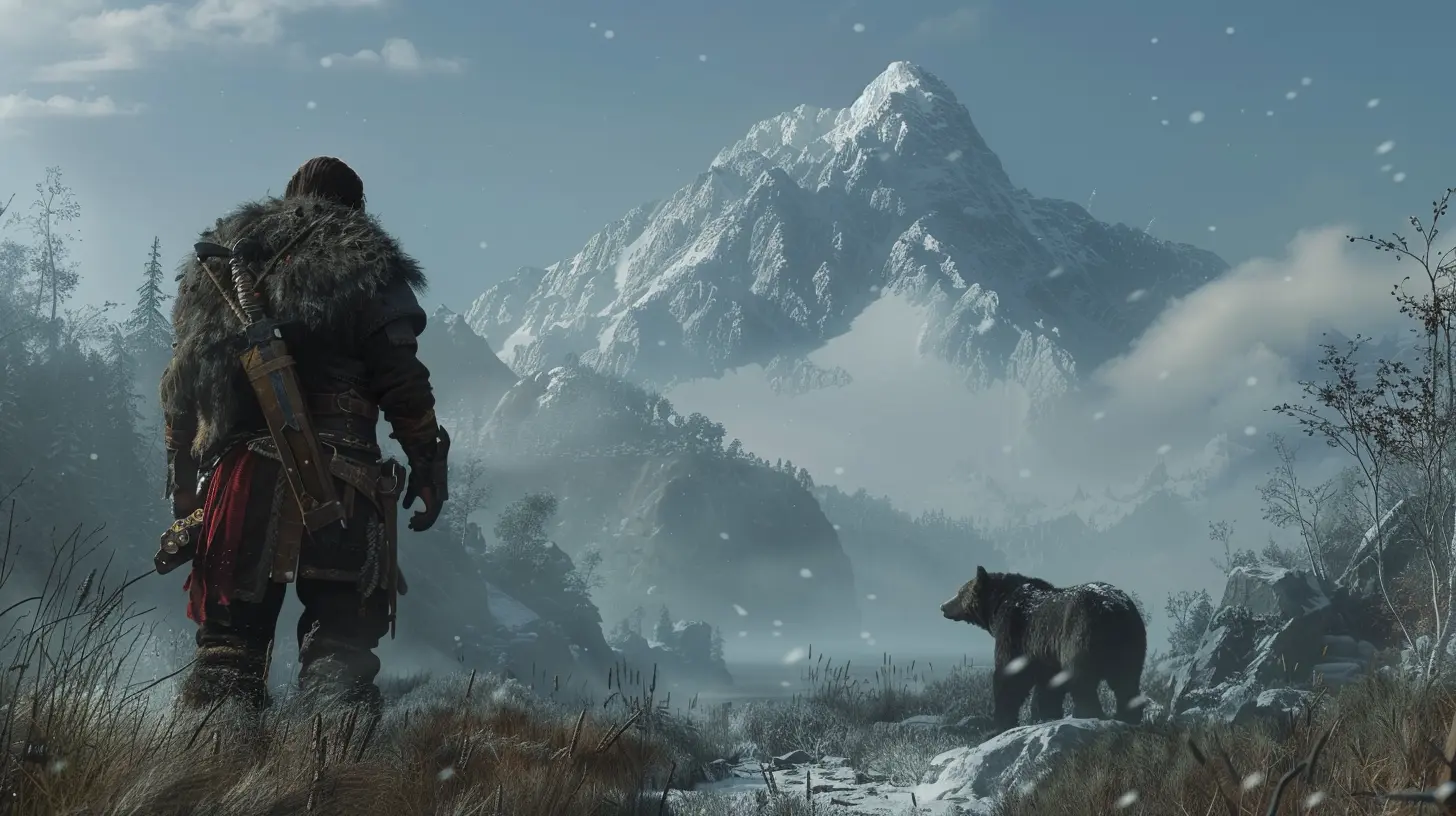
Technology Has Leveled Up, and Gamers Are Here for It
Remember the clunky graphics and stiff controls of older games? Sure, they were great for their time, but now that tech has advanced, playing them can feel like trying to drive a horse-drawn carriage on a highway. Modern gamers want buttery-smooth gameplay, jaw-dropping graphics, and soundtracks that make your heart race.That’s exactly why games like Resident Evil 2 remake and Shadow of the Colossus remake were so successful. They didn’t just preserve the original experience; they enhanced it. Lighting effects, realistic textures, better combat mechanics – these upgrades elevate the experience to match today’s standards while still keeping the magic of the original intact.
Reaching New Audiences
Time flies, and so does the gaming demographic. The kids who grew up playing classic titles are now adults, many with kids of their own who are just discovering the world of gaming. Remakes and reboots serve as a bridge between generations, introducing younger players to iconic experiences that might’ve otherwise been lost to time.For example, Spyro Reignited Trilogy and Crash Bandicoot N. Sane Trilogy didn’t just appeal to old fans – they brought in a whole new crowd of gamers who never had the chance to experience the originals. It’s like passing down a family recipe; the flavor’s the same, but now it’s served with a modern twist.
Listening to Fan Demand
Gamers are a passionate (and vocal!) bunch. When we love a franchise, we really love it. Developers know this and often rely on fan feedback to decide which games to remake or reboot. Look at Mass Effect Legendary Edition. Fans had been clamoring for a polished-up version of the trilogy for years, and BioWare finally delivered. The result? Skyrocketing sales and lots of happy gamers.The same goes for cult-classic franchises like Dead Space. Its recent remake generated tons of buzz because fans were itching to revisit the creepy atmosphere and intense gameplay – except, this time, with modern visuals that make the horror 10 times scarier.
Not All Remakes Are Created Equal
Let’s not sugarcoat it: not every remake or reboot knocks it out of the park. Occasionally, developers miss the mark, and the result can feel like a reheated meal instead of a fresh feast. Games like the GTA Trilogy: Definitive Edition left fans underwhelmed with technical issues and a lack of polish.So, what makes a good remake or reboot? Developers need to strike the perfect balance between staying true to the original and innovating enough to keep it fresh. Retain the elements that made the game special, but don’t be afraid to reimagine weaker aspects or modernize mechanics to improve the experience.
The Future of Remakes and Reboots in Gaming
It’s clear the remake/reboot wave isn’t slowing down anytime soon. With successful launches like Metroid Prime Remastered and the hype for Silent Hill 2 remake, it seems safe to say that gaming nostalgia is a goldmine. But where will this trend take us next?Could we see beloved games like The Elder Scrolls IV: Oblivion or Metal Gear Solid receive the reboot treatment? Maybe even something unexpected like a full remake of The Sims 1? The possibilities are endless, and as long as developers approach these projects with care, the future of remakes and reboots is bright.
Why Gamers Love This Trend
At its core, the love for remakes and reboots boils down to two things: comfort and curiosity. There’s comfort in revisiting something you already love, and curiosity in seeing how it’s been transformed. It’s kind of like rewatching your favorite TV series but on a massive HD screen with better sound and bonus material.And let’s not forget – gaming is an interactive art form. It’s not like remaking a movie where you just sit back and watch. In gaming, you are a part of the story. Remakes and reboots give you the chance to re-experience that connection in a way that movies or books simply can’t.
Conclusion
The ever-growing popularity of remakes and reboots in gaming isn’t just a passing trend – it’s a celebration of gaming’s rich history. Whether driven by nostalgia, technological advancements, or fan demand, these reimagined titles hold a special place in the industry and in our hearts.While not every effort is a masterpiece, most remind us why we fell in love with gaming in the first place. So, the next time a developer announces a remake, don’t roll your eyes. Instead, think of it as reviving a classic song, remixing it with a fresh beat, and creating something new for both old and new fans to enjoy.
all images in this post were generated using AI tools
Category:
Gaming IndustryAuthor:

Emery Larsen
Discussion
rate this article
3 comments
Melissa McSweeney
Remakes and reboots tap into nostalgia while enhancing gameplay, highlighting the gaming industry's evolving creative landscape.
June 12, 2025 at 3:25 AM

Emery Larsen
Thank you! Indeed, remakes and reboots not only evoke nostalgia but also demonstrate how the gaming industry continuously innovates while honoring its roots.
Davina McPhee
Great insights! Remakes and reboots breathe new life into beloved classics, allowing both nostalgia and innovation to thrive. It’s exciting to see familiar stories evolve for new generations!
June 9, 2025 at 3:04 PM

Emery Larsen
Thank you! I completely agree—remakes and reboots truly strike a balance between honoring the past and embracing fresh ideas for today's gamers.
Tempra McNair
Reboots redefine gaming excellence!
June 8, 2025 at 3:50 AM

Emery Larsen
Absolutely! Reboots often breathe new life into beloved classics, enhancing gameplay and graphics while appealing to both nostalgic fans and new players alike.

